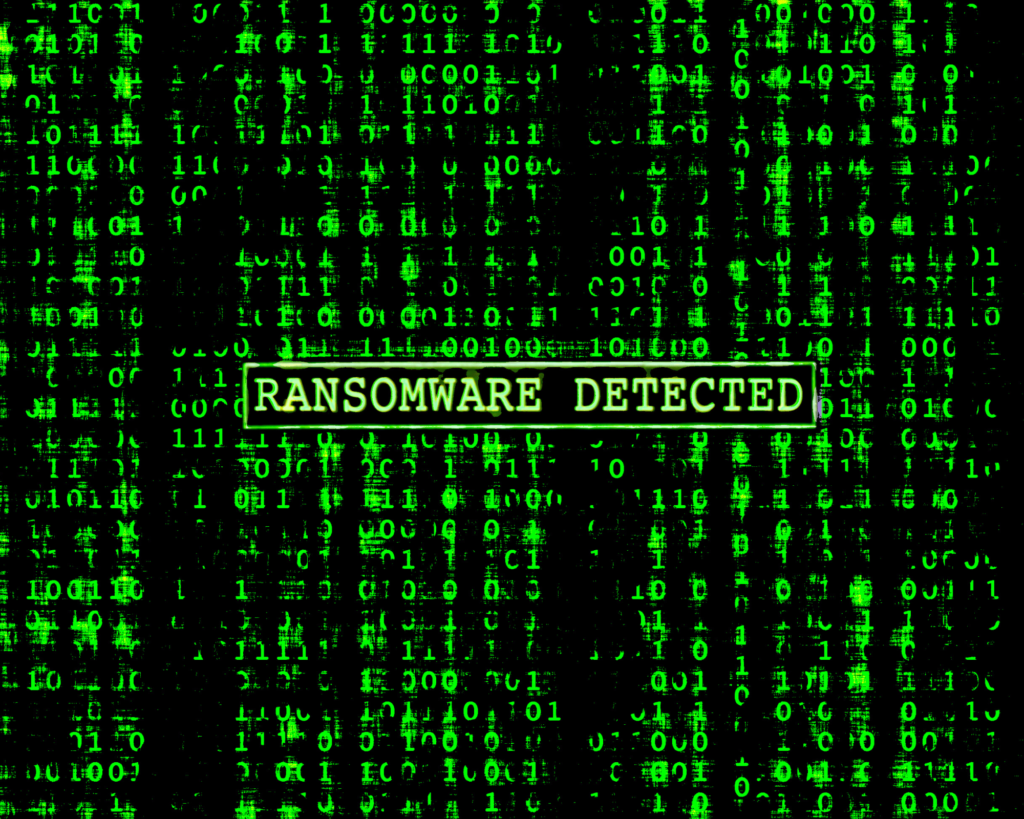The London Stock Exchange (LSE) has experienced a ransomware attack, which has caused considerable disruption to the UK’s financial markets. The cyberattack was carried out by hackers who targeted Ion Trading UK, a major software supplier that services some of the most prestigious trading houses in the City of London. The attack has impacted the activities of up to 40 leading city clients, leaving them unable to trade debt and derivatives around the world.
August Outage Investigation and Increased Cyber Threat Concerns
This attack occurred just months after the LSE was hit by a software glitch that caused the exchange to go offline in August. The cause of the outage was unclear at the time, and an investigation was launched to determine whether it was due to a cyberattack or a technical fault. However, the latest ransomware attack has increased concerns that the financial markets are vulnerable to cyber threats. Experts have cautioned that a Colonial Pipeline-style attack could disrupt major banks and financial markets, shaking investor confidence and negatively impacting the flow of money.
Targeted Attack on Ion Trading UK and Significant Market Disruption
The attack on Ion Trading UK was carried out by a group of hackers who used ransomware to encrypt the company’s data. The hackers demanded a ransom payment in exchange for the decryption key to unlock the data. The attack was highly targeted, with the hackers focusing on specific clients of Ion Trading UK. Consequently, the ransomware attack has caused significant disruption to the UK’s financial markets, with many brokers unable to process derivatives trades. Scores of traders have been left unable to access the data they require to make informed trading decisions. This has caused concern among investors who worry that the financial markets may be vulnerable to additional cyber attacks.
UK Government Response and Call for Improved Cybersecurity Measures
The UK government has issued a statement condemning the ransomware attack and has urged all companies to take measures to protect themselves against cyber threats. The government has pledged to work with the financial sector to improve cybersecurity measures, and to investigate the attack to identify the hackers’ identity. While the LSE has confirmed that it has not been directly impacted by the attack on Ion Trading UK, the incident has drawn attention to the importance of improved cybersecurity measures across the financial sector. Experts have called for increased investment in cybersecurity, as well as a more proactive approach by companies to protect themselves against cyber threats.
Growing Cyber Threats to the Financial Sector
The attack on Ion Trading UK is just the latest in a series of high-profile cyber attacks targeting the financial sector. In recent years, banks and other financial institutions have been hit by a range of cyber threats, including ransomware attacks, phishing scams, and data breaches. The financial sector is seen as a particularly attractive target for hackers, due to the sensitive nature of the data and the potential for financial gain.
National Cybersecurity Strategy and Evolving Threat Landscape
To address the growing threat of cyber attacks, many companies in the financial sector are investing in new cybersecurity technologies and strategies. This includes the use of artificial intelligence and machine learning to detect and prevent cyber threats, as well as the implementation of multi-factor authentication and encryption to protect data. The UK government has launched a national cybersecurity strategy that includes measures to improve the cybersecurity of critical infrastructure, increase public awareness of cyber threats, and enhance the capabilities of law enforcement agencies to investigate and prosecute cyber criminals. As the financial sector continues to move towards digitalization and the use of cloud-based systems, it is vital for companies to remain vigilant and adapt their cybersecurity strategies to the evolving threat landscape.

